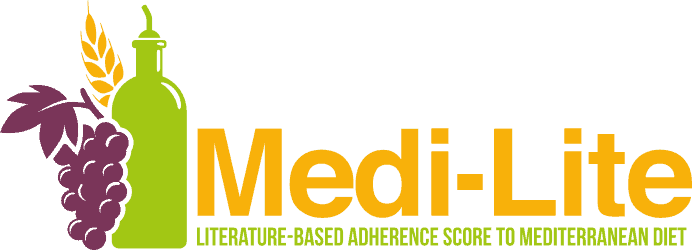Mediterranean Diet, physical activity, and body weight in children
In recent years, the number of overweight and obese children has increased dramatically worldwide: from just 4% in 1975, it has risen to more than 18% in 2016. This is associated with an increased risk of developing diseases in adulthood, such as type 2 diabetes, hypertension, dyslipidemia, but also behavioural and psychological complications. Unfortunately, among European countries, Mediterranean countries such as Italy, Greece and Spain have a higher incidence of childhood obesity, especially in the 6-13 age group. This would appear to be a paradoxical situation, since numerous studies have shown that greater adherence to the Mediterranean diet reduces the risk of gaining weight, with positive effects on anthropometric and cardio-metabolic parameters. It is therefore hypothesised that children are increasingly moving away from the traditional Mediterranean diet.

A Spanish cross-sectional study was conducted on 309 children (151 girls and 158 boys), aged 8-13 years, to understand the relationship between adherence to the Mediterranean Diet, physical activity, and body weight. The KIDMED, a questionnaire specifically validated for children and young people, was used to define adherence to the Mediterranean diet. In addition, children were asked about the number of hours per week they spent doing physical activity outside school hours.
The results showed that the 23.1% of the children were overweight and 6.8% obese, with no significant differences between boys and girls. Only half of the sample (54.5%) showed very good adherence to the Mediterranean diet. On the other hand, a high frequency of consumption of industrial baked goods or pastries was observed. Regarding physical activity, it was found that more active children were associated with greater adherence to the Mediterranean diet and consumed more fruit and cereals. Finally, there was no significant association between adherence to the Mediterranean diet and body mass index.
In conclusion, although the study has some limitations, such as the administration of a questionnaire to children and the limited number of the sample, the need to implement education programs to improve children’s eating habits is highlighted. This could protect them from the risk of developing cardio-metabolic and other diseases in adulthood.
Source: Fernández-Iglesias et al., Adherence to the Mediterranean Diet in a School Population in the Principality of Asturias (Spain): Relationship with Physical Activity and Body Weight. Nutrients 2021;13:1507.



